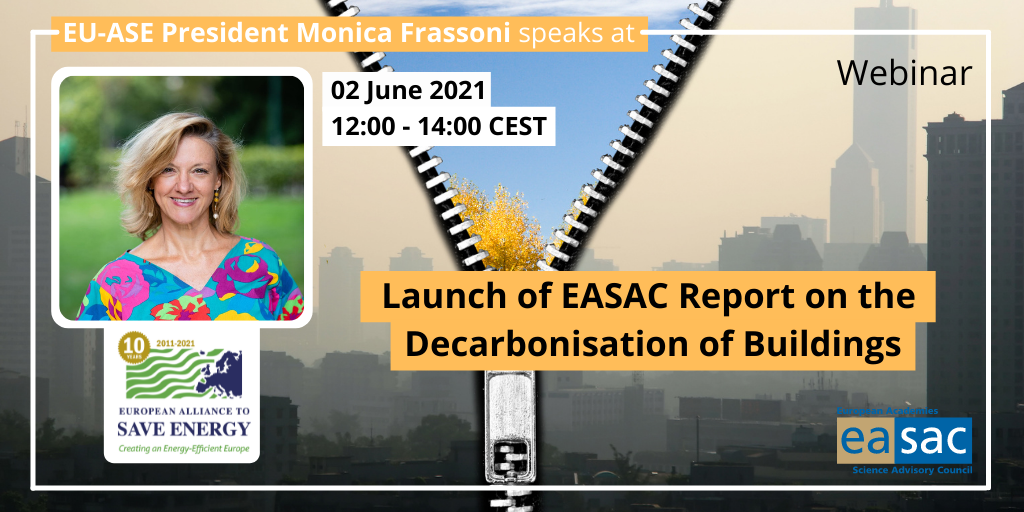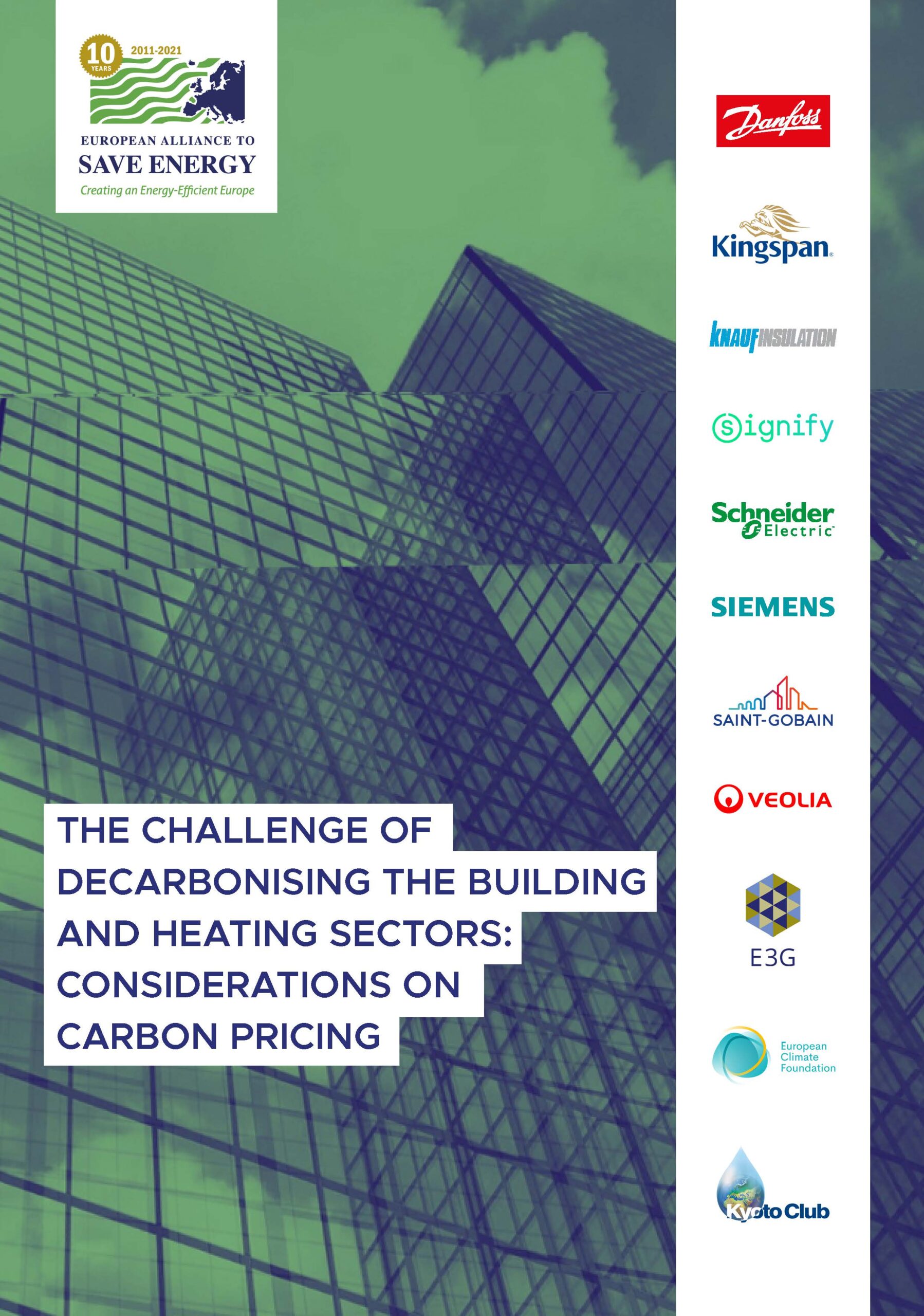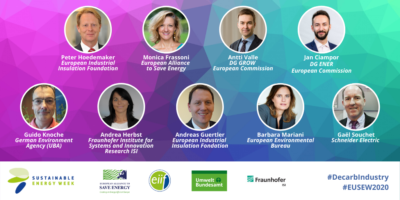Carbon pricing and buildings: A new trigger for the Renovation Wave?

Buildings are responsible for around 40% of CO2 emissions in the EU. To decarbonise this sector, the European Commission is considering introducing a carbon price. The workshop looked into the opportunities and challenges of a carbon pricing for buildings, starting from the lessons of Germany as a first mover in Europe.
According to the Renovation Wave Communication, to achieve the 55% GHG emissions reduction target by 2030, the EU should reduce buildings’ greenhouse gas emissions by 60%. This can only be achieved by at least doubling the renovation rate as soon as possible. In addition to a substantial revision of the Energy Performance of Buildings Directive (EPBD), the European Commission is considering to include in its upcoming “Fit for 55” package a proposal to cover sectors such as buildings and road transport by an emissions trading scheme. However, the particularities of the building sector, such as the low price-elasticity of energy demand, the ownership structure of buildings and the split incentives dilemma, would require caution and a thorough assessment of the consequences of introducing such policy.
What should be the contribution of a carbon price in the policy mix for a decarbonised building sector? Can it trigger a Renovation Wave and a switch to fully-renewable heating? What needs to be kept in mind when designing a new carbon pricing scheme for buildings?
This workshop, co-organised with the the German Business Initiative for Energy Efficiency (DENEFF), dived into the subject of carbon pricing in buildings by looking at lessons from Germany, where a recently launched carbon pricing scheme for buildings is hotly debated.
View the agenda
Watch the recording here
More about our considerations on carbon pricing



